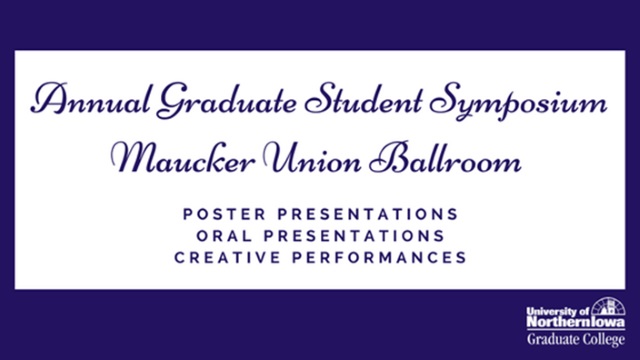
Complete Schedule
Dying to Keep Languages Alive
Presentation Type
Poster Presentation (Electronic Copy Not Available)
Keywords
Language obsolescence;
Abstract
One of the aspects which makes mankind a unique creature is our ability to communicate. We have the ability to not only communicate in thought but with one another. Our languages allows us to think and speak about the future and the past, something the lower animals cannot do. Languages contain the hopes, dreams, myths, medicine, struggles, wisdom, technology, taboos, jokes, and family relations of a people. Currently, there are over 6500 languages in this world, yet in 50 years that number will be half of what it is today. When languages die, a part of humanity dies with it. My poster will highlight the stages that lead to language death, consequences that arise from language death, and steps taken by linguists and speech communities to keep languages alive. Opposing views will also be featured, as well as why some critics believe it is expensive, waste of time, and unnecessary to revive a dead language. Living in a predominantly English speaking country and an increasingly English speaking world, most people in the US are oblivious to the fact that three languages go extinct every two weeks. The main purpose of my presentation is to bring awareness to this issue, and to also present solutions educators can utilize to keep languages from reaching a dead end.
Start Date
3-4-2019 11:00 AM
End Date
3-4-2019 1:00 PM
Faculty Advisor
Dr. Joyce Milambiling
Department
Department of Languages and Literatures
Copyright
©2019 Rebecca Lueth
File Format
application/pdf
Embargo Date
4-16-2019
Dying to Keep Languages Alive
One of the aspects which makes mankind a unique creature is our ability to communicate. We have the ability to not only communicate in thought but with one another. Our languages allows us to think and speak about the future and the past, something the lower animals cannot do. Languages contain the hopes, dreams, myths, medicine, struggles, wisdom, technology, taboos, jokes, and family relations of a people. Currently, there are over 6500 languages in this world, yet in 50 years that number will be half of what it is today. When languages die, a part of humanity dies with it. My poster will highlight the stages that lead to language death, consequences that arise from language death, and steps taken by linguists and speech communities to keep languages alive. Opposing views will also be featured, as well as why some critics believe it is expensive, waste of time, and unnecessary to revive a dead language. Living in a predominantly English speaking country and an increasingly English speaking world, most people in the US are oblivious to the fact that three languages go extinct every two weeks. The main purpose of my presentation is to bring awareness to this issue, and to also present solutions educators can utilize to keep languages from reaching a dead end.


